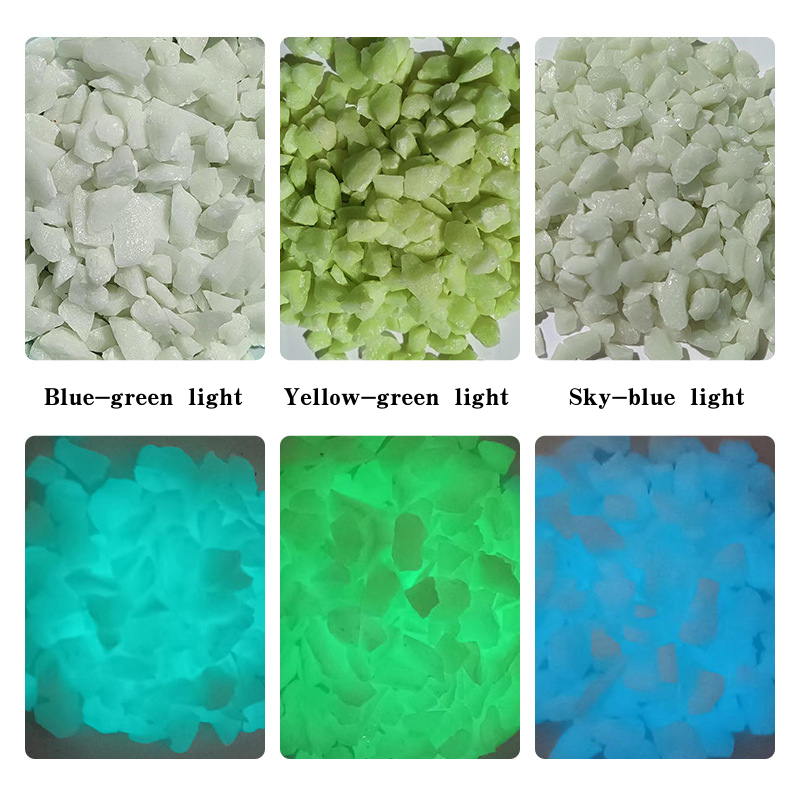
cas number for calcium carbonate
Understanding Calcium Carbonate CAS Number and Its Significance
Calcium carbonate, a compound with the chemical formula CaCO₃, is one of the most widely used substances in various industries. It is a white, odorless powder or colorless crystals, occurring naturally in limestone, marble, and chalk. Each chemical compound is identified by a unique CAS (Chemical Abstracts Service) number, which streamlines communication among scientists, regulatory bodies, and industry professionals. The CAS number for calcium carbonate is 471-34-1.
Calcium carbonate plays a crucial role in many sectors, including construction, agriculture, food preparation, and pharmaceuticals. In the construction industry, it is primarily used as a building material, making up a significant component of cement and concrete. The durable nature of calcium carbonate enhances the structural integrity of buildings and other infrastructures.
Understanding Calcium Carbonate CAS Number and Its Significance
Calcium carbonate's versatility extends to the food industry, where it is utilized as a calcium supplement and a food additive. Its antacid properties help alleviate heartburn and indigestion. In the pharmaceutical sector, it is a common ingredient in antacid tablets and dietary supplements, ensuring that individuals receive adequate calcium intake, which is vital for bone health and other physiological functions.
cas number for calcium carbonate

One of the notable aspects of calcium carbonate is its environmental significance. It is often used in water treatment plants to reduce acidity in drinking water, making it safer for consumption. Furthermore, it plays a role in controlling and reducing carbon dioxide emissions in various industrial processes. The process of carbon sequestration, where CO₂ is captured and stored, involves calcium carbonate, contributing to efforts to mitigate climate change.
Despite its widespread use, the extraction and processing of calcium carbonate must be conducted responsibly. Mining operations can lead to environmental degradation if not managed correctly. The industry has seen a rise in sustainable practices aimed at minimizing the ecological impact of calcium carbonate extraction. Companies are implementing advanced technologies to reduce waste and enhance the efficiency of their operations.
In recent years, researchers have explored innovative applications for calcium carbonate. For instance, it has been studied for its potential in carbon capture and storage technology, making it a focal point in efforts to combat global warming. The modification of calcium carbonate to create nanostructures is also gaining attention for its possible uses in drug delivery and biotechnology.
In conclusion, calcium carbonate (CAS Number 471-34-1) is more than just a simple compound; it is a versatile substance with significant implications across various industries. Its applications in construction, agriculture, food, and pharmaceuticals demonstrate its importance in everyday life. As environmental concerns grow, the sustainable extraction and innovative use of calcium carbonate will play vital roles in shaping a sustainable future. Understanding its CAS number not only facilitates effective communication among professionals but also highlights the significance of calcium carbonate in our world today.
Share
-
Premium Ceramsite for Plants & Hydroponics - Ideal Growing MediaNewsAug.10,2025
-
Premium Mineral Sepiolite Powder: Versatile Adsorbent & FillerNewsAug.09,2025
-
Premium Talcum Powder - Smoothness & Purity GuaranteedNewsAug.08,2025
-
Premium Fly Ash Powder: Ideal Admixture for Strong ConcreteNewsAug.07,2025
-
Premium Pine Bark Mulch: Nuggets & Shredded StylesNewsAug.06,2025
-
Premium Kaolin Powder | High-Purity Mineral SolutionNewsAug.05,2025






